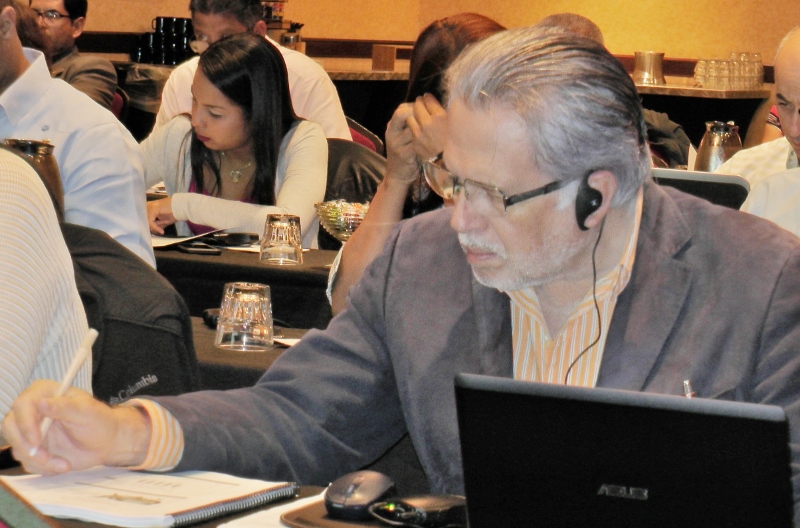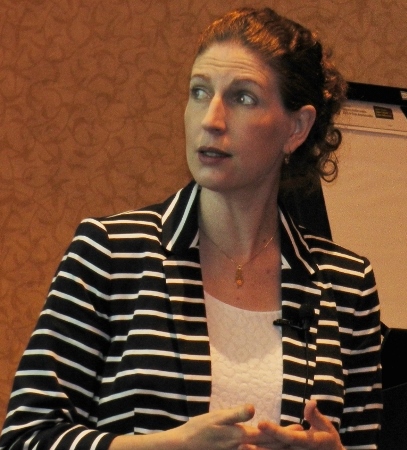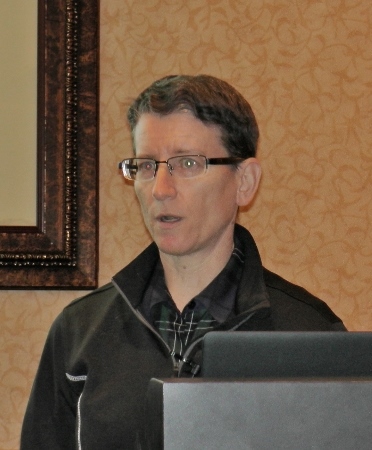A course on food safety auditing, organized by IICA and the University of Nebraska-Lincoln, will allow countries to update their capacities in this area.

Nebraska, 25 May 2016 (IICA). Foodborne diseases generate various consequences in all countries around the world, such as product losses, lower sales, and market withdrawals, as well as higher medical care costs, greater health impacts and consumer distrust.
In the United States, for example, approximately one out of every six people becomes ill annually due to contaminated food, representing approximately 48 million people. Foodborne diseases in the U.S. cost nearly USD 15.6 billion per year.
This is some of the information that Andrea Bianchalini and Jayne Stratton, experts from the University of Nebraska-Lincoln, shared with Central American and Dominican academics, technical personnel of official inspection services, and specialists of the Inter-American Institute for Cooperation on Agriculture (IICA), during a training course on food safety auditing.
The event was held from May 24-25 in Nebraska and was organized by IICA as part of the complementary activities of the Regional Virtual Food Inspection School for Central America and the Dominican Republic (ERVIA), an initiative that seeks to improve public health and facilitate trade by providing training in modern and harmonized inspection procedures.

“This initiative responds to the interest of countries in disseminating and strengthening this topic, as a way to boost the capacities of public sector professionals in auditing topics and, in turn, contribute to the production of safe food for local and international consumers,” stated Ana Marisa Cordero, Coordinator of ERVIA.
According to Bianchini, it is critical that countries update their techniques in this area in order to ensure that exported food is safe and of good quality and, in this way, positively impact national and international markets.
“The global food system is complex: food produced by other countries in America is consumed worldwide, and it is therefore critical that food quality and safety systems possess high-quality auditing programs,” she explained.

Stratton, on the other hand, highlighted the importance of having all specialists meet in one place, since it provides an opportunity to understand the differences between countries and share knowledge. In this way, those least experienced can benefit from contributions made by specialists who are more familiar with the topic.
During the training session, which was very dynamic, participants learned about auditing principles, processes, and legal and moral frameworks; how to prepare audit reports; as well as other topics.
The course was organized within the framework of a cooperation agreement between IICA and the University of Nebraska-Lincoln. The two entities have been working together over the past eight years to support capacity-building efforts in the areas of health and food safety.
More information: ana.cordero@iica.int











